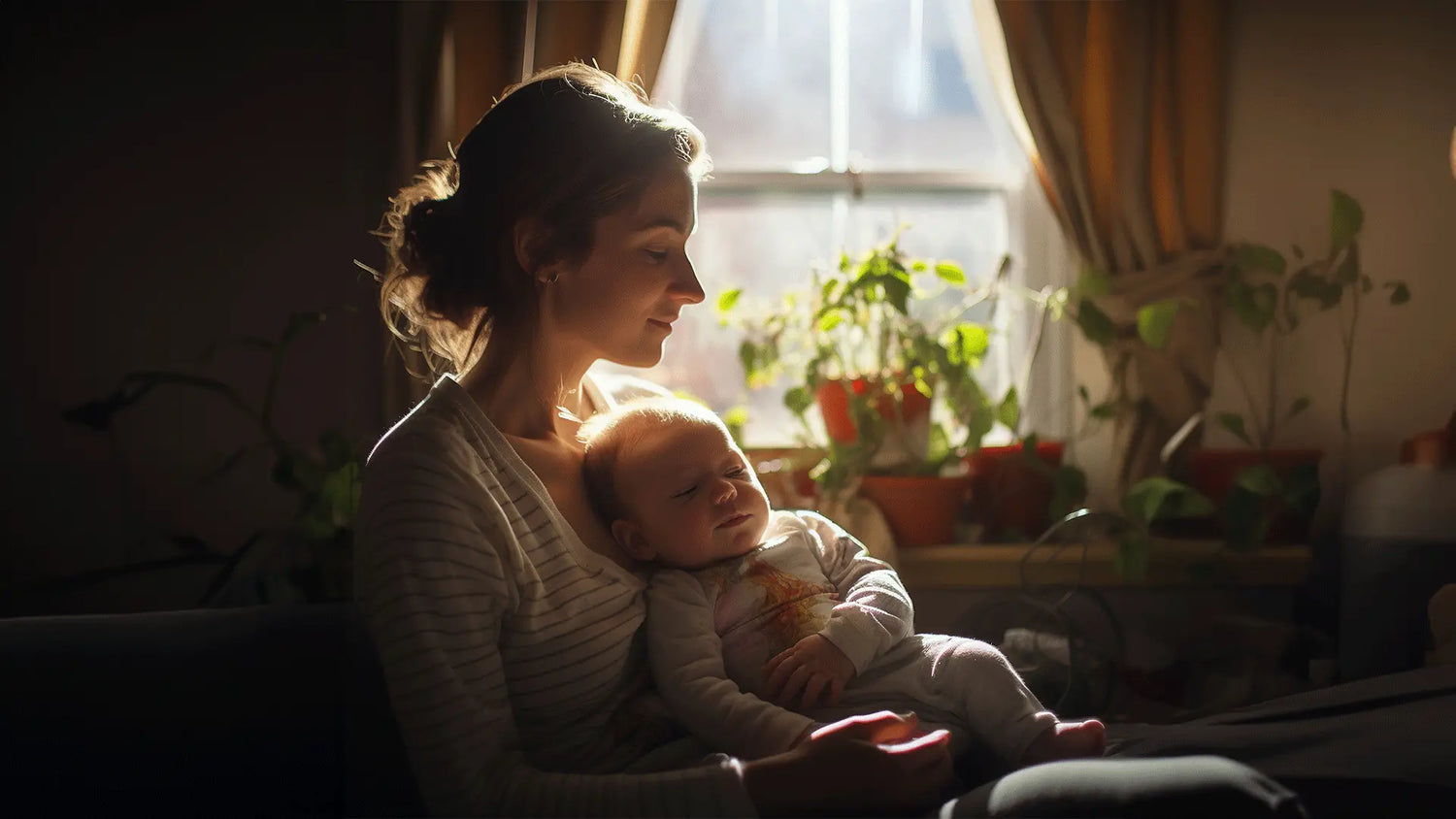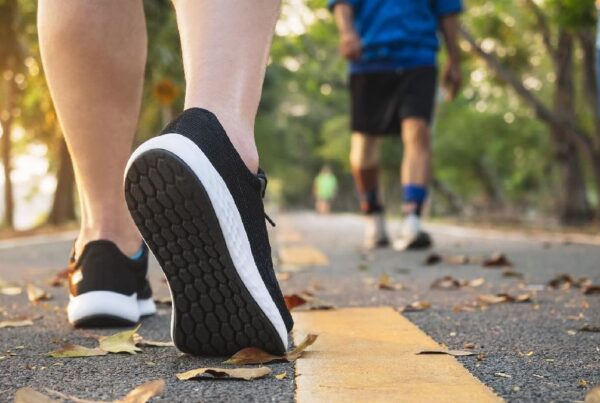Exposure to sunlight for babies is often considered beneficial, but it must be understood and practiced correctly. Sunlight plays an important role in supporting bone health, calcium metabolism, and even regulating a baby’s sleep cycle. However, the way sunlight is introduced and the length of exposure are crucial to determining whether it provides benefits or causes harm.
Vitamin D and Bone Growth
One of the main benefits of sunlight for babies is stimulating the production of vitamin D. When ultraviolet B rays reach the skin, the body naturally produces vitamin D. This vitamin is essential for calcium absorption, which strengthens bones and prevents rickets.
The American Academy of Pediatrics (AAP) emphasizes that babies need vitamin D from the very beginning. Relying solely on sunlight exposure is not recommended, since a baby’s skin is very sensitive. That is why the AAP recommends 400 IU of vitamin D supplements per day starting within the first week of life, especially for breastfed babies.
Sunlight and Baby Sleep Rhythm
Beyond bone health, sunlight also affects a baby’s sleep pattern. Studies show that natural light exposure during the day helps regulate circadian rhythm. Babies who receive balanced daylight exposure tend to sleep more soundly at night and have more consistent sleep patterns.
Parents can maximize this benefit safely by opening curtains during the day, taking the baby to a shaded veranda, or allowing natural light indoors without direct sun exposure.
Can Sunlight Treat Infant Jaundice?
In many communities, there is a belief that sunbathing a baby helps cure jaundice. Pediatricians strongly advise against this practice. Jaundice in newborns should be treated with clinical phototherapy under controlled conditions. Natural sunlight cannot be measured precisely and carries the risk of sunburn.
Some medical studies have examined filtered sunlight under professional supervision, but this method is not for home use. For parents, taking a jaundiced baby for medical evaluation is the only safe and recommended step.
Safe Guidelines from Experts
According to the FDA and AAP, babies younger than six months should not be exposed to direct sunlight. Their skin is still very thin and burns easily. If they must be outdoors, parents should use a wide-brimmed hat, lightweight long sleeves, and a stroller canopy.
After six months, babies may be taken outdoors with proper protection. Use a broad-spectrum sunscreen of at least SPF 30, dress them in protective clothing, and keep them in shaded areas. Health organizations in Australia even stress that babies under one year should avoid direct sun exposure when the UV index is high.
How to Maximize Benefits Safely
Parents can follow several practical steps to ensure babies get the benefits of sunlight without the risks:
- Prioritize natural daylight indoors by opening windows during the day.
- Give vitamin D supplements as advised by pediatricians.
- After six months, outdoor activities are fine with complete protection, including baby-safe sunscreen.
- Avoid peak UV hours, usually between 10 a.m. and 4 p.m.
- For jaundice, always seek medical care instead of sunbathing at home.
Conclusion
The benefits of sunlight for babies lie mainly in vitamin D production and the regulation of sleep cycles. However, the risks of overexposure outweigh the potential gains when it comes to newborn skin. This is why health authorities strongly recommend daily vitamin D supplementation and limiting direct sunlight for infants.
By following official medical guidance, parents can ensure their babies grow strong bones, enjoy better sleep, and stay protected from the harmful effects of ultraviolet rays.
Read more about related child health topics on Olam News and always rely on trusted medical references to keep your baby safe and healthy.






